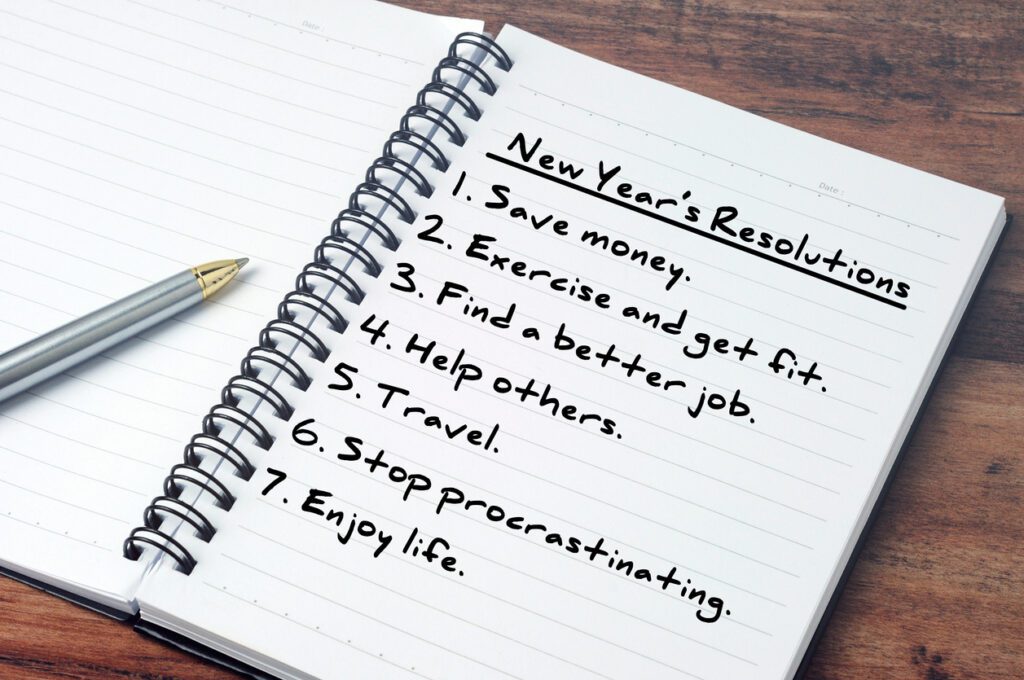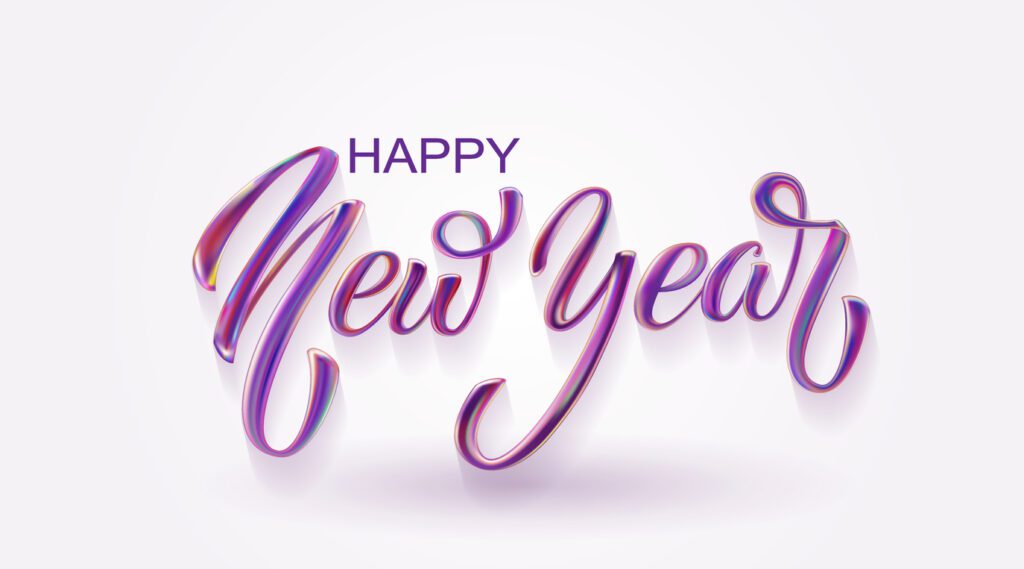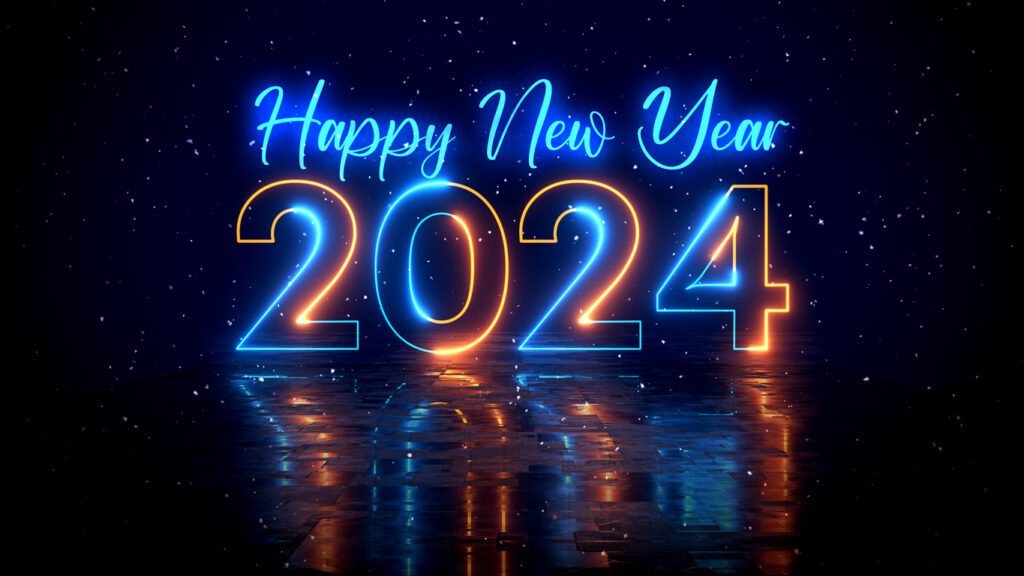Many of us make our annual resolutions as we bid farewell to another year. New Year’s resolutions often involve setting intentions to improve oneself or accomplish specific goals in the coming year. Have you ever wondered when and how the tradition of making New Year’s resolutions began? Let’s journey through time and discover the evolution of this annual tradition.
Making promises to the gods at the start of the new year was common in ancient times, dating back to the Babylonians over 4,000 years ago. The Babylonians’ New Year’s resolutions were made in March (the beginning of their calendar), and they typically involved returning borrowed items and paying debts. The tradition was later adopted by the ancient Romans, who named the first month of the year “January” after the Greek god Janus. Janus had two faces: one facing the future and one facing the past, symbolizing reflection on the past while simultaneously looking forward to the future. The concept of taking stock of the past year and making intentions for the future became associated with January.
However, it was in the 20th century that the modern concept of New Year’s resolutions emerged. In 1929, the founder of the modern Olympic Games, Baron Pierre de Coubertin, proposed that athletes and coaches take stock of the past year and make resolutions to improve their performance in the coming year. This practice spread beyond the sports world, and soon, the general public made annual resolutions.
Today, making New Year’s resolutions has become a global tradition. People make resolutions to lose weight, eat healthily, quit smoking, learn something new, or save money. However, the reality is that most people give up on their resolutions within a few weeks or months. According to a study by the University of Scranton, only 8% of people succeed in achieving their New Year’s resolutions, while 80% fail by February.

So, why do so many of us fail to achieve our New Year’s resolutions? One reason is that we often set unrealistic expectations for ourselves. Setting specific, achievable goals and creating a realistic plan is essential. Another reason is a need for more willpower and motivation. It can be challenging to stay motivated when the initial excitement of the new year wears off. For this reason, it’s essential to surround ourselves with supportive people, seek accountability, and find inspiration through quotes, podcasts, or books.
In conclusion, the tradition of making New Year’s resolutions has evolved from ancient times to become a global tradition in the 21st century. While setting intentions for the new year can be a helpful tool for self-improvement, the key is to set realistic goals, have a solid plan, stay motivated, and find inspiration from others. Remember, the start of a new year is a great time to reflect on the past, do away with bad habits, and commit to a better you. Let’s make this year the best one yet!

Thank you for reading this blog post, and if you have any questions or comments, please leave them in the Comments section below.
Copyright © 2019. I Don’t Know All The Answers, Nikki Mastro.
All of my photographs and documents are Copyrighted.
All images included in this blog post are from the iStock.com library.
No part of this website, including text, photographs, and documents, may be reproduced, stored in a retrieval system, or transmitted in any form or by any means without written permission from the copyright holder. All unauthorized use is strictly prohibited. If you choose to copy or share any information from my site, you must provide a link to the source. I appreciate your cooperation.
For further information concerning “I Don’t Know All The Answers.”
– Blog: https://www.idontknowalltheanswers.com
– Facebook: https://www.facebook.com/Nikki.L.Mastro
– Instagram: https://www.instagram.com/i_dont_know_all_the_answers/
– Linkedin: https://www.linkedin.com/in/nikki-mastro-05455a3a/
– Youtube Channel: https://www.youtube.com/@idontknowalltheanswers1954

